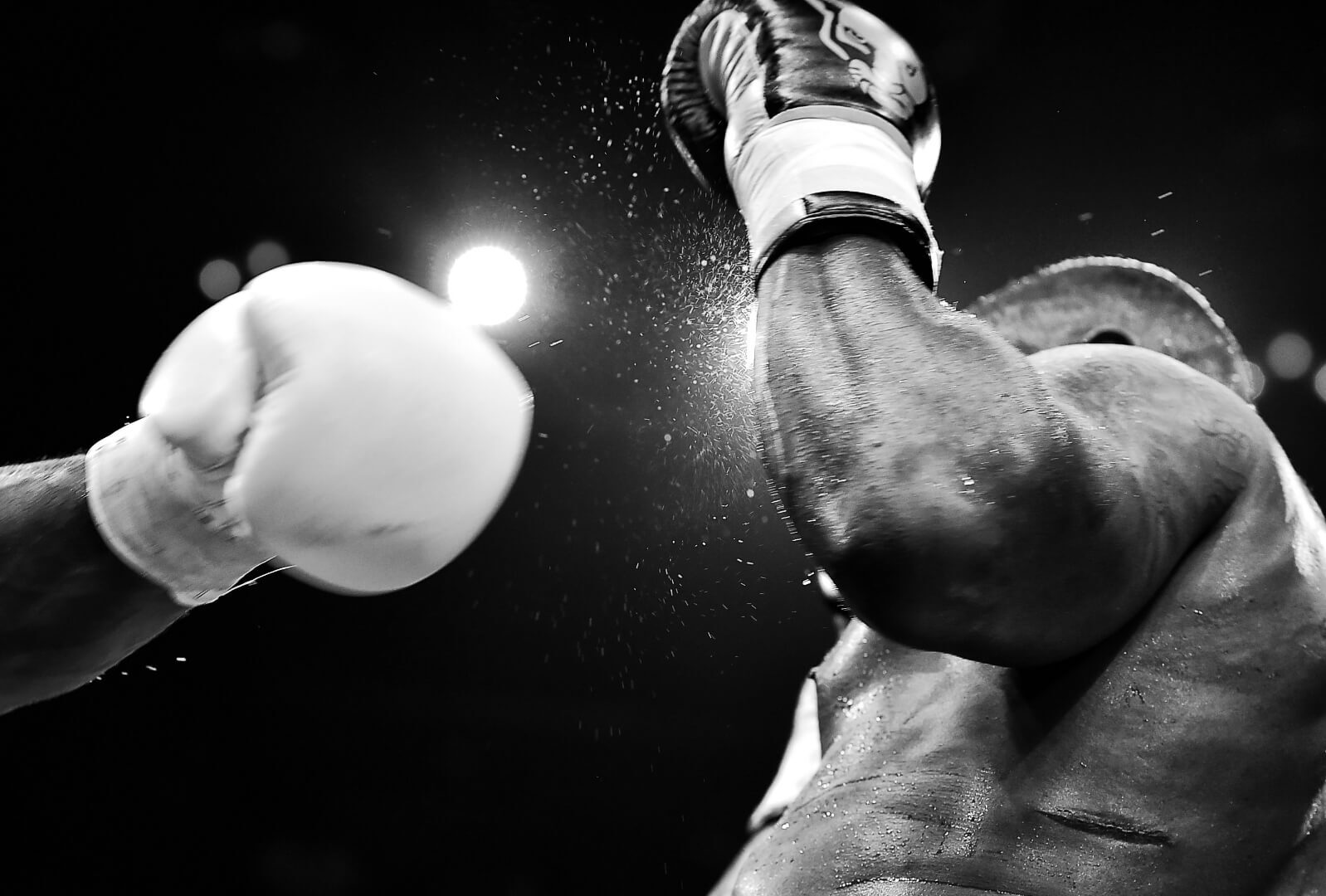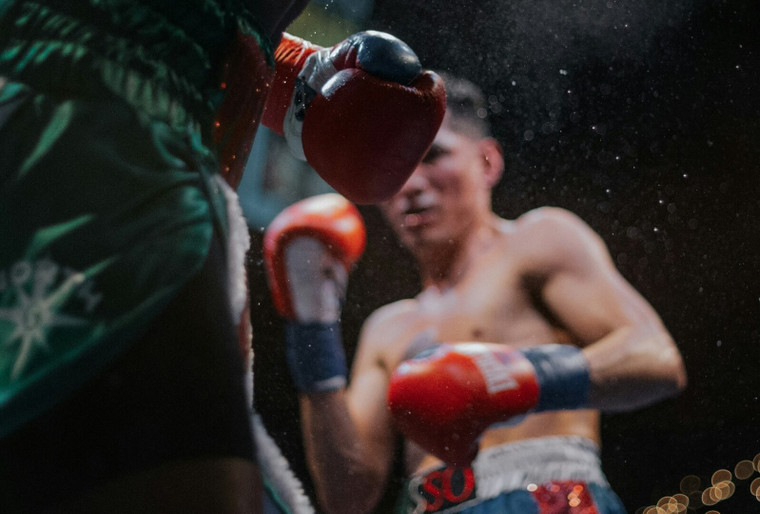The Fighter Mindset: What Really Matters When Everything's on the Line
Posted by Warrior Poet Society on Jul 25th 2025
How do you develop a good fighter mindset? It’s important to realize that even if you have the right guns, tactics, and fitness, you might still fail to rise to the occasion if you don’t possess the right mindset. Every violent encounter comes down to you and your fear, and if you don’t have a grip on your fear, you likely won’t win the day.
Now, not all of us have been tested by fire, and you may be asking, “John, how do I know I will respond well if the time comes?”
I hate to break it to you, but there is nothing you can really do to guarantee that you will respond in the manner required to save the day.
Let’s be real. I’ve been tested on the battlefield. I’ve frozen in combat.
Twice.
And there are moments in those gunfights where I look back and think, If something had gone wrong in that second, it would’ve been on me.
Most other times? I’ve responded well—sharp, decisive, composed.
So, I want to approach this topic with a dose of humility despite the experiences I’ve had, because I wouldn’t be so presumptuous as to claim that just because I did well in the past, I’m guaranteed to do well in the future. That’s simply not true. I could handle a future encounter very well or very poorly, and it comes down to my mindset—a code that I’ve preprogrammed into my heart and brain.
No one is guaranteed to rise when it counts.
Not me. Not you.
Not just because we’ve trained or performed in the past.
That’s why we talk about mindset—not as a motivational bumper sticker, but as the bedrock of our ability to act under fire.
Who Do You Love More Than Yourself?
My kid came into the room while I was writing this, and I had to pause. Because this—this right here—is the core of the fighter mindset: Love someone else more than you love yourself.
Would you die for your family? Most of us would say yes. However, I’m reminded of a video I saw years ago of a father abandoning his family as an avalanche careened toward the ski lodge where they were having lunch (you may have seen it). I find myself wondering if that man had once said he would die for his family.
Did he love his family more than himself? If he said he did before that incident, he was lying, because his actions in that moment showed us what he truly loved most—himself.
But the challenge remains: when fear floods your system, when you can run, when everything in you screams self-preservation, will you stay and fight? You should be more afraid of harm or death coming to your family than to you.
That’s where mindset comes in. Make the decision now so you don’t have to decide in the crucible. You make a vow now so that when bullets start flying your way, you’ll jump in front of them so they don’t hit your wife and kids.
And that’s why love has to be the foundation for the fighter’s mindset.
No one jumps on a grenade to get a medal.
They jump on the grenade to save their brothers-in-arms whom they love.
Extending the Circle
Once we’ve made that pact with ourselves, that both our heart and brain are squared away with our convictions that we’ve branded into them, uncompromising, irrevocable.
We have to address additional questions, which may be harder to answer:
- Would you die for a friend and their family?
- Would you die for strangers?
- Would you die to protect children you’ve never met before?
These are the questions that actually matter. The Marines in Beirut in 1983 died for the Lebanese people. This same truth permeates every conflict ever. The 300 Spartans died for thousands of other Greeks they didn't know, some of whom they may have despised. The list goes on and on, from Constantine XI to the Swiss Guard of 1527, to our heroes like Nathan Hale, John Basilone, and Todd Beamer (Flight 93).
We have to be intimate with sacrifice to fight well.
Who would you die for? When? How? Why? These are the questions you have to answer now, because gunfights happen so quickly that you have to respond with your preprogrammed training, tactics, and morality.
You won’t have time to reason with these questions in the moment, and if you don’t have them squared away beforehand, you’ll fall into cowardice and fear.

Rage Isn’t Enough
Sometimes we fantasize about flipping the switch—tapping into that inner rage monster when things go bad—hoping that will blind us to these moral dilemmas and help us win the day, that we’ll just become so furious that someone would have the audacity to try and shoot us that we focus in a go to work.
Yes, there’s a place for righteous fury. Rage can be an effective tool to help push through fear, but rage is fickle. It can be hard to conjure up rage, and if you can do so, it can quickly fade, or worse, it can turn into despair or panic.
Rage alone can’t be the foundation.
Faith and Fighter Mindset
This is where things get real for me. I’m a Christian. My worldview gives me a different perspective on death and courage.
Take the Apostle Paul as an example:
- Whipped. Beaten with rods. Stoned and left for dead.
- And still he kept going.
- He said: “To live is Christ, to die is gain.”
That’s fighter mindset. That’s someone who knows what he believes and is willing to suffer or die without hesitation. He viewed death as a reward, that he would leave this broken world and stand before a perfect God in heaven. And hundreds of thousands followed in his footsteps—early Christian martyrs who stared down torture and death because they believed something deeper than fear.
You don't have to be a Christian to understand this: If you believe there’s something more important than your own life, you’ll fight differently. They chiseled into their hearts and minds the conditions of their courage, and they lived it. We should do the same.
Scenario: What Would You Do?
Imagine this: You hear gunfire near a school. You’re armed. You’re within range. Now what?
Do you:
1. Preserve your life and protect your own family?
2. Close distance cautiously, hoping for a clear shot?
3. Sprint into the fight, knowing full well it might get you killed?
There’s no “right” answer here. Your moral framework becomes the controller for what you would and wouldn’t do. Your moral framework will determine your response, not your training, not your gear. I know which one I’m picking, but I’m not here to sway you in this. I’m trying to help you establish for yourself the foundation of your fighter mindset.
This is about honesty, clarity, and preparation.
In this scenario, every second you wait could mean another dead child.
But charging in blindly could make things worse or get you mistaken for the threat.
That’s why we need to think now, not then. You cannot take the time in the crisis moment to figure this out, and figuring all this out now is how you increase your chances of responding well.
The Hidden Core of the Warrior
Gun people often shy away from this topic. They’d rather talk calibers, optics, plate carriers, but the truth is this: the moral, theological, and philosophical beliefs that bubble under the surface are all that really matter!
And your mindset is built on your values, your faith, your philosophy on life and death, everything else is just tactics, and with our preparation, we’ve already made a difficult crisis moment that much easier to manage.
Remember, Train Hard. Train Smart. And build your fighter mindset.

